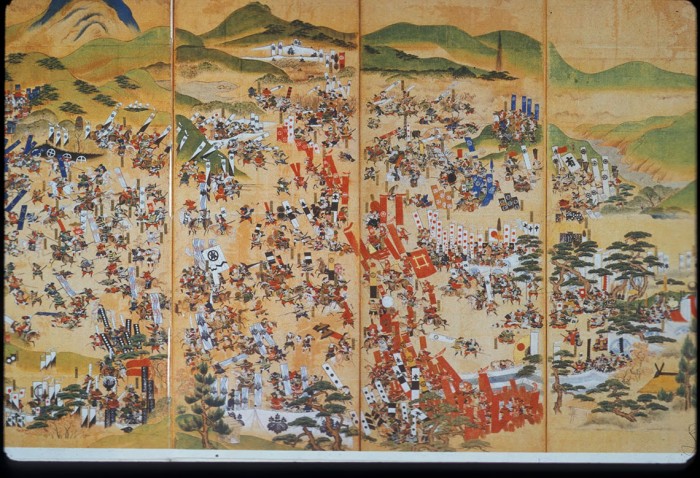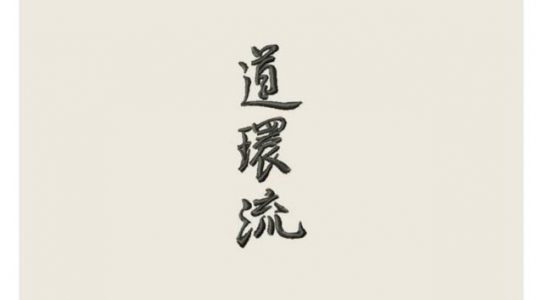There were several other groups of warriors throughout the course of Japanese history, although the samurai class constituted
society’s elite.
Rōnin (浪人), often translated to ”masterless samurai”, were stray samurai, who had lost their clan affiliation and ended up outside the system. A Ronin could have lost his master, or left his clan so as not to dishonor it.
Some ronin supported themselves on teaching their martial skills or hiring themselves out as bodyguards for rich merchants. Some dedicated themselves to clean
criminal activity.
Rōnin (浪人), is often translated to ”masterless samurai” or ”stray samurai”, but:
• Ro, means
,
Rōnin (Japanese: 浪人, roughly wandering person) was a designation for stray samurai in feudal Japan.
often translated as stray samurai, but really means
Ronin (masterless samurai)

“Ronin” is the Japanese term for a masterless samurai and is written with the characters for ‘floating’ and ‘man’, i.e., a warrior adrift with no lord to serve nor stipend for income. During the late stages of the Warring States period and early years of the Edo period, many samurai were thrown out of work when their daimyo or feudal overlord lost his status because of defeat, had his do
Kanji in this word
浪
JLPT 1
10 strokes
wandering, waves, billows
On’Yomi: ロウ
Kun’Yomi:
人
JLPT 5
2 strokes
person
Miyamoto Musashi: A Famous Swordsman and Ronin in Japan
Miyamoto Musashi (1584-1645).
